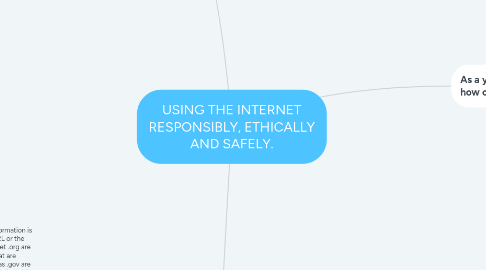
1. As a parent how can I ensure the safety of my children?
1.1. Talking to your child is an effective way for both you and your child to talk honestly about their experiences with the Internet.
1.2. It does help finding someone that you trust to communicate these findings with, to come up with a solution for your child's problems.
1.3. Make sure to not carry the burden by yourself as it can sometimes be overwhelming and to confine with someone you can trust, e.g a partner, family member or friend. There are also public pathways that can be found here: https://www.thinkuknow.co.uk/parents/
2. Fake news?
2.1. Fake news is a news story that is simply false or made up. With the implementation of Internet on all our handheld devices and more we have entered an age of information. However we as readers and consumers of this information have to be wary of what is real and what is fake news. There exists a line where fake news may come across as real news if the story is a believable one.
2.1.1. A way to see if a source of information is trustworthy is to check the URL or the domain of the website .com .net .org are some examples of domains that are untrustworthy. domains such as .gov are governmental sites where the information can be used as sources since it is trust worthy.
2.1.2. Sources of information is also important. If the sources of the information are not present then the information can be corrupt and fake. However if sufficient evidence is provided through sources that have been proven, such as journal articles, governmental websites or bureau of statistics then the information can be trusted.
2.1.3. There does exist media outlets on TV and magazines now that have been caught delivering fake news to their viewers. Unfortunately there are unable to be held accountable as there is no law against misinforming the masses. On the Internet, sites that are a social platform such as Facebook, Twitter and Tumblr are examples of the above as platforms that misinform the masses. Again however there are no laws which holds these companies accountable as the companies are defined as a social platforms rather than a publisher.

